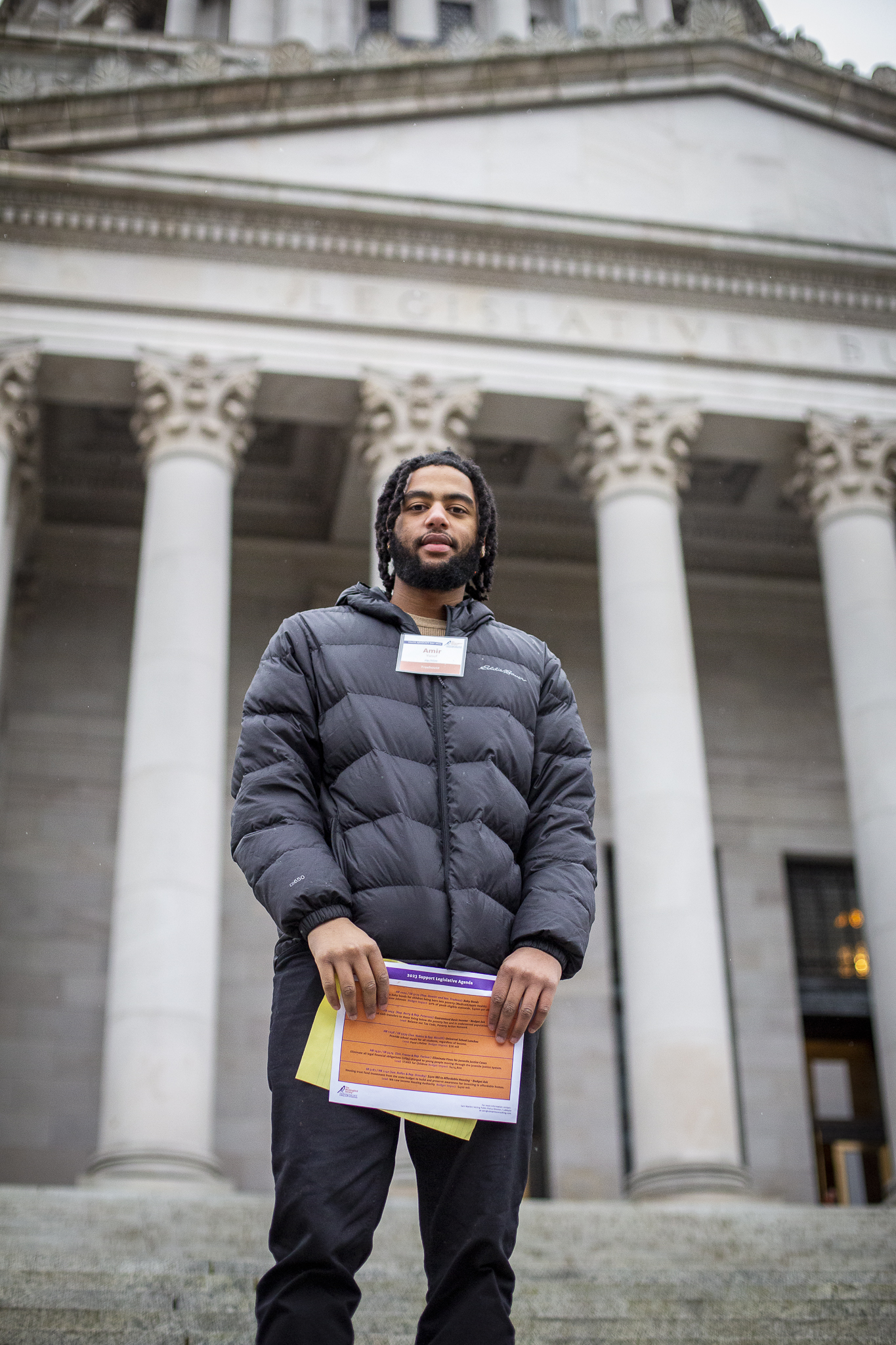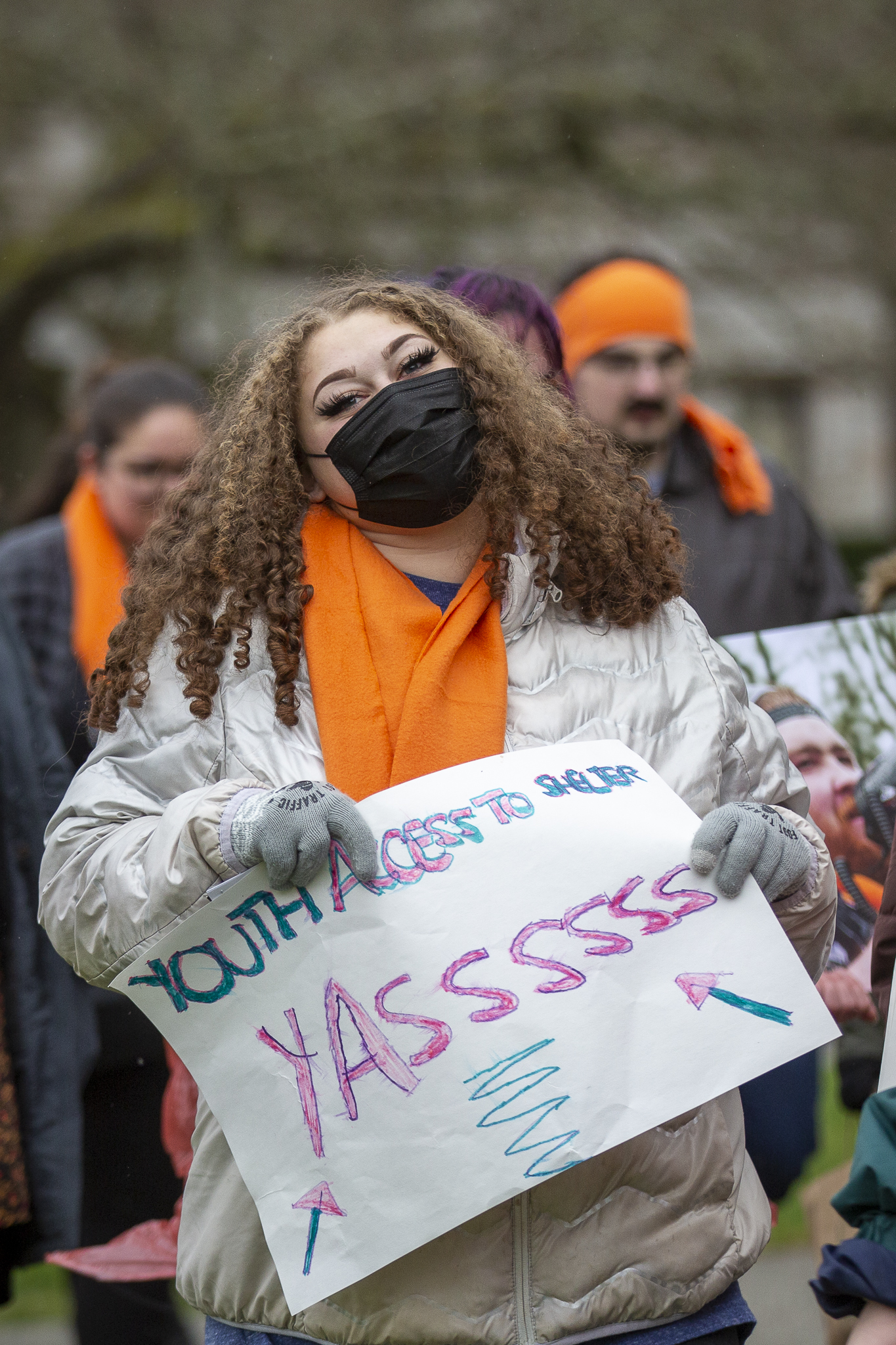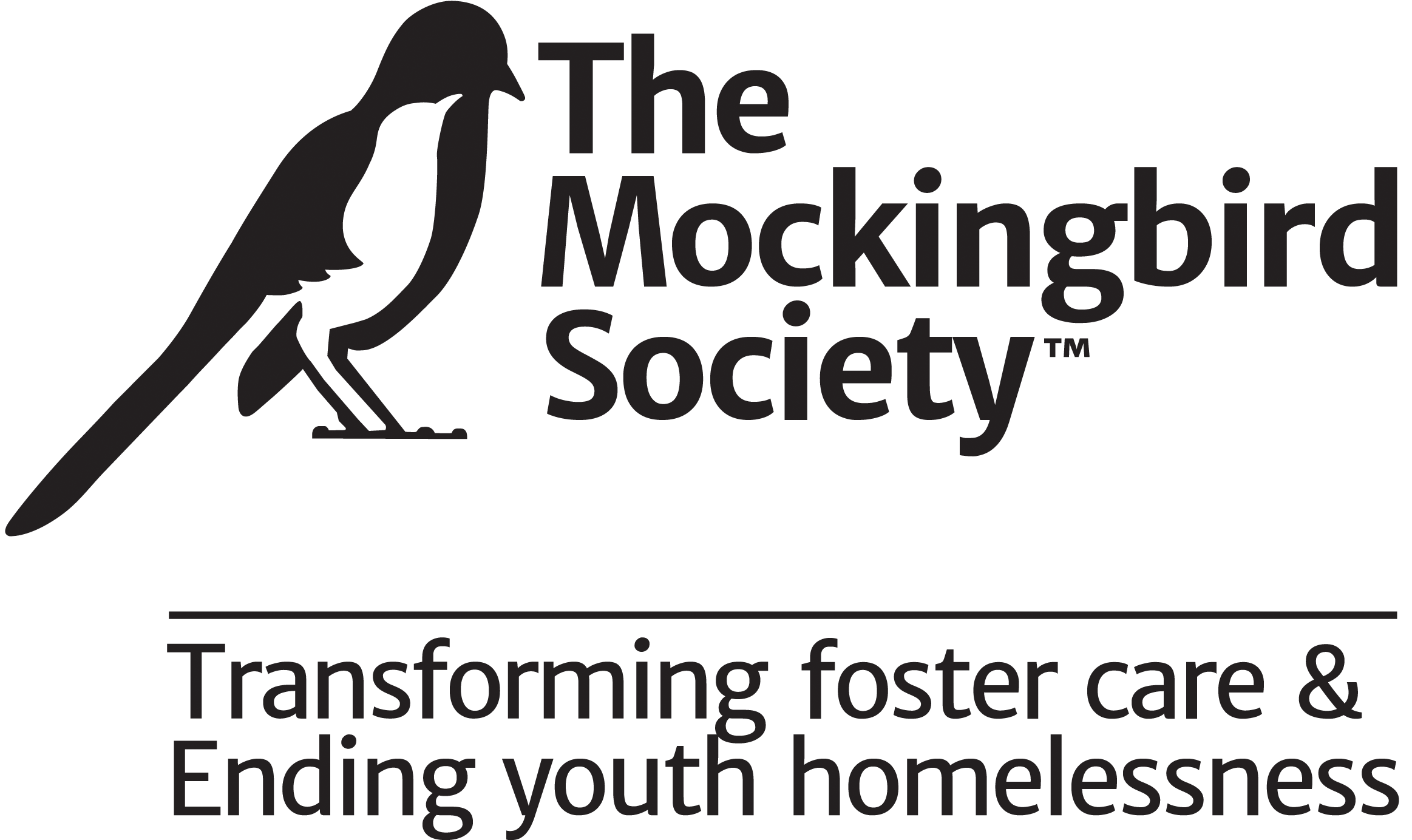our work
Youth Programs
Mockingbird’s Youth Programs work in partnership with young people, ages 13-26, who have experienced foster care or homelessness. We believe young people with lived experience in the systems we seek to transform are in the best position to know what needs to change. Through their leadership, Mockingbird advocates change the policies, perceptions, and practices that stand in the way of every young person having a safe and stable home.
Our solutions focus on improving our state systems of care - systems that serve thousands of Washington's children, youth and families every year.
With a dual-focus approach of youth development and systems reform, Mockingbird participants develop leadership and self-advocacy skills while effecting positive change for the generations of young people that will come after them.
Are you 13-25 and interested in connecting with other young people who've experienced foster care or homelessness? Do you want to use your experience and expertise to improve the system? Come to one of our regional Chapter meetings in Seattle, Everett, Tacoma, Olympia, Yakima, or Spokane.

Want to get connected?
Use your voice to advocate for change.

Youth Leadership
The Mockingbird Society engages young people who have experienced foster care or homelessness on many different levels throughout the year. For youth advocates seeking leadership development and deeper responsibility, Mockingbird provides opportunities through employment and community engagement. Through these opportunities, participants gain skills in public speaking, content research, event coordination, and other transferable skills.
Network Representatives:
We employ 5-7 young people to provide support to Mockingbird's headquarters and to its seven statewide Mockingbird Youth Network and Youth Advocates Ending Homelessness chapters. This support includes generating content for the Mockingbird Times (a quarterly newspaper distributed nationwide) and other media resources; assisting with chapter activities; facilitating trainings; and educating the public about issues pertaining to foster care and youth homelessness through speaking engagements and written publications.
Chapter Leaders:
Each Chapter has up to two Chapter Leaders employed by Mockingbird who provide support to that individual chapter. This support includes helping plan and facilitate monthly chapter meetings, conducting outreach and recruitment, engaging in public speaking events, and attending leadership events.
Community Engagement:
Participants in Mockingbird Youth Programs are routinely asked to serve on workgroups and advisory committees in the community. Some current opportunities include the Office of Homeless Youth Prevention & Protection Programs Advisory Committee; the Washington State Supreme Court Commission on Children in Foster Care; A Way Home Washington, and the King County Coalition on Racial Disproportionality.
